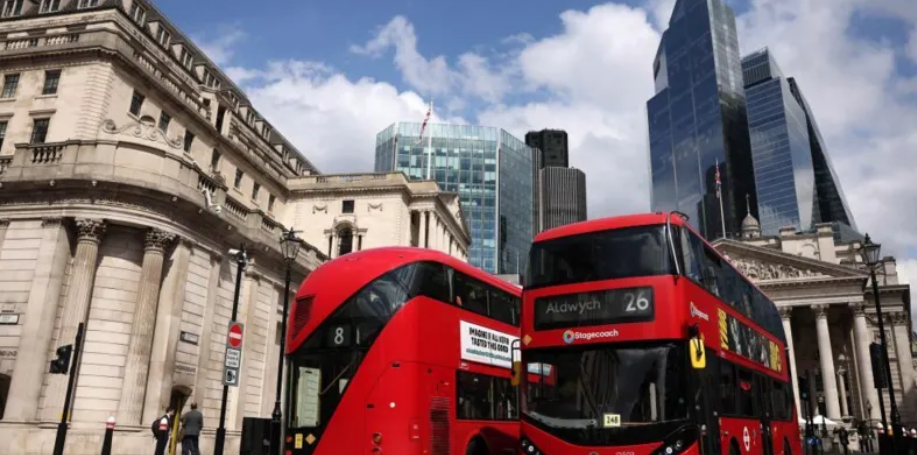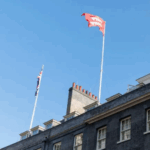The UK economy is set to grow slightly faster than previously expected in 2025, according to the International Monetary Fund (IMF), which also warned that Chancellor Rachel Reeves must stick to her fiscal rules to maintain economic stability.
In its latest annual assessment, the IMF projected UK GDP growth of 1.2% in 2025, up from its earlier forecast of 1.1%. Growth is expected to reach 1.4% in 2026, as the economy continues to recover from last year’s slowdown.
The upgraded forecast follows a stronger-than-anticipated start to 2025. IMF officials cited a “very strong” first quarter, supported by robust consumer spending and increased business investment. However, the IMF cautioned that future growth may face headwinds due to rising global trade tensions and recent domestic tax hikes.
Chancellor Reeves welcomed the report, highlighting the IMF’s praise for government reforms and trade policy. “Our trade agreements are protecting jobs, boosting investment and cutting prices,” she said, pointing to deals struck with partners including the EU, India, and the US.
Nevertheless, the IMF emphasised that long-term fiscal discipline will be essential. It backed the government’s infrastructure and planning initiatives but warned that challenges such as volatile financial markets, rising inflation, and constrained public spending would force difficult choices.
The organisation recommended adjusting the UK’s fiscal framework by reducing the frequency of economic assessments from twice a year to once, arguing this would allow for a more stable budgeting environment. Despite this suggestion, the government insists its fiscal rules — which include balancing day-to-day spending with tax revenues and reducing debt as a share of national income by 2029–30 — remain “non-negotiable”.
Criticism came from the opposition, with Shadow Chancellor Mel Stride accusing Reeves of “fiddling” the fiscal rules. “Changing the goalposts again would further damage market confidence,” he warned.
Inflation remains a concern, with the IMF noting the unexpected rise to 3.5% in April. It now expects inflation to remain elevated until late 2026 before returning to the Bank of England’s 2% target. The IMF also said global factors, including US trade tariffs and reduced demand from major trading partners, are likely to weigh on UK growth, potentially trimming 0.3 percentage points off GDP by 2026.
Despite these challenges, the IMF concluded that an economic recovery is “under way,” and that with careful management, the UK is on a path to stability and growth.

















